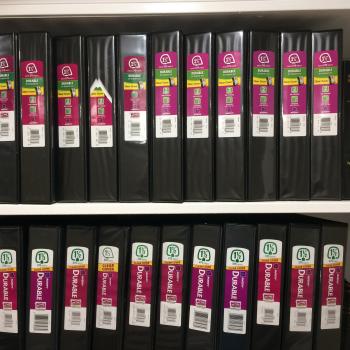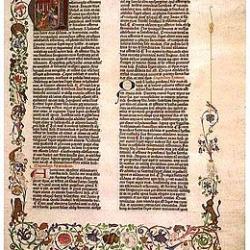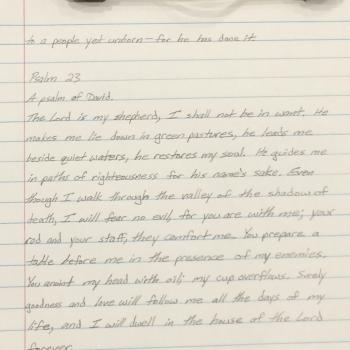4 So Joshua called together the twelve men he had appointed from the Israelites, one from each tribe, 5 and said to them, “Go over before the ark of the Lord your God into the middle of the Jordan. Each of you is to take up a stone on his shoulder, according to the number of the tribes of the Israelites, 6 to serve as a sign among you. In the future, when your children ask you, ‘What do these stones mean?’ 7 tell them that the flow of the Jordan was cut off before the ark of the covenant of the Lord. When it crossed the Jordan, the waters of the Jordan were cut off. These stones are to be a memorial to the people of Israel forever.” -Joshua 4:4-8
Joshua had taken God at his word to lead the people across the Jordan River. The supernatural experience feel surreal and so amazing that future generation would certainly question whether the miracle had truly taken place. Joshua addressed this thought by having twelve large stones selected from the middle of the river to present as a memorial. Those who would see it in the future would hear the story and see tangible evidence of what had taken place that great day.
Ultimately, these stones served as a symbol for a story. Like the stained glass of traditional churches and the screens of today’s contemporary worship services, these visual reminders are not about the image, but about the story behind the images.
When we read about the crossing of the Jordan, we sense we are sharing in a great, divine story of God’s work in history. Yet the same God who parted the water also works in our lives today. We dare not forget, but rather remember that the God of Israel is still God today.
Let’s talk about it on Facebook! Share your thoughts, pictures, or videos on handwriting Scripture.
+++
Dillon Burroughs is the author and coauthor of numerous books and is handwriting a copy of all 31,173 verses of the Bible at HolyWritProject.com. Find out more about Dillon at Facebook.com/readdB or readdB.com.











